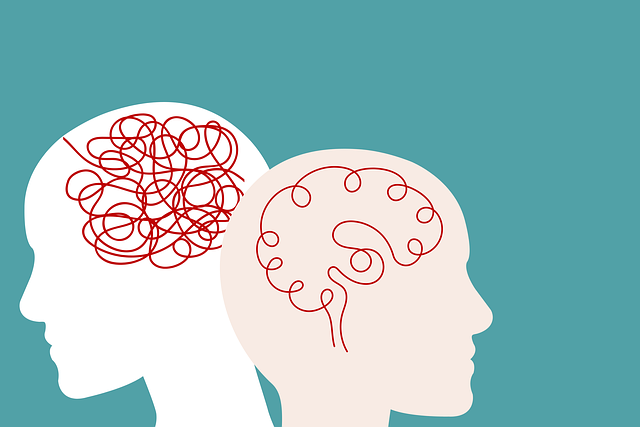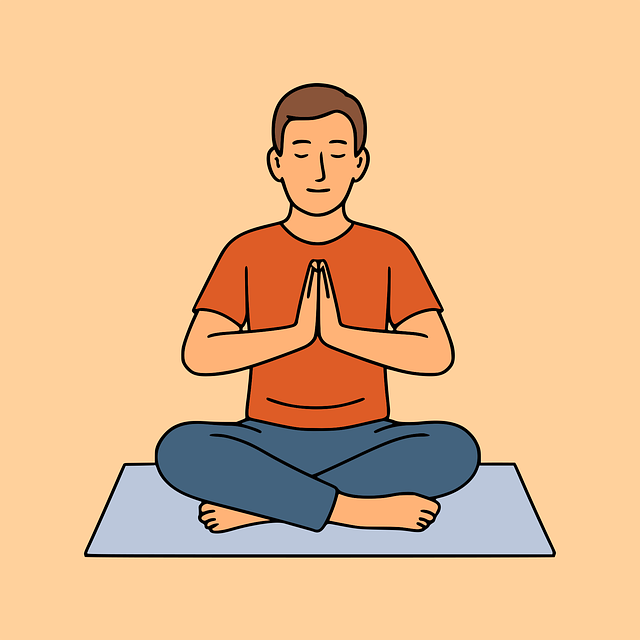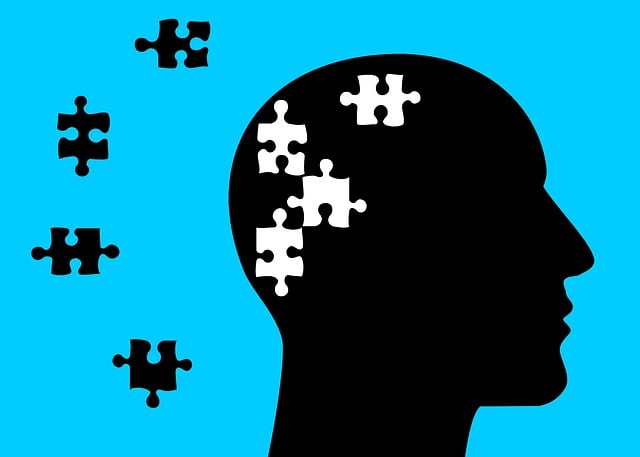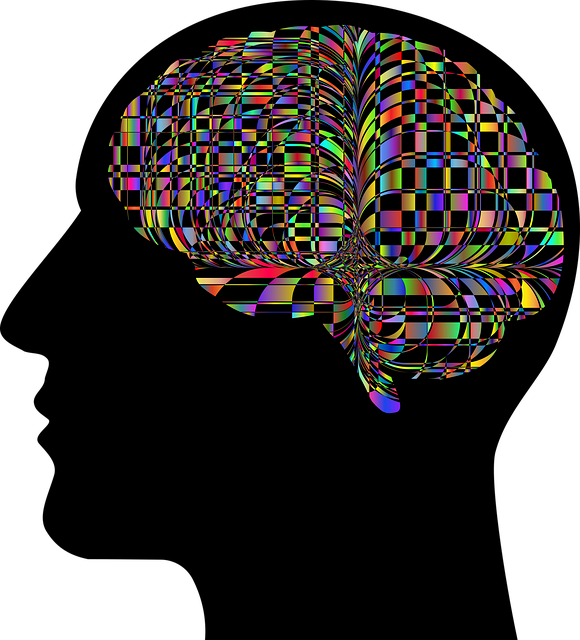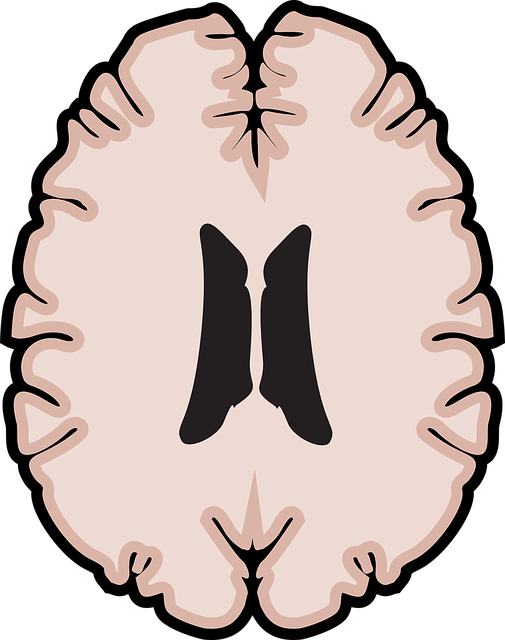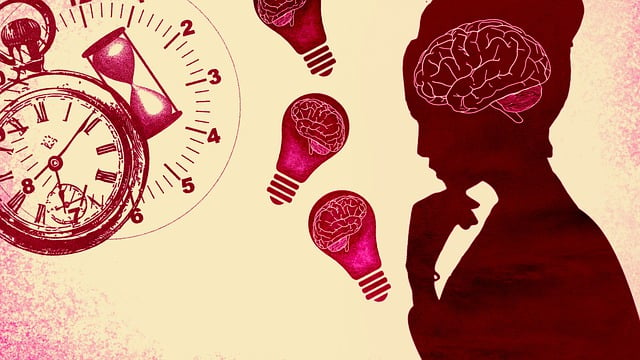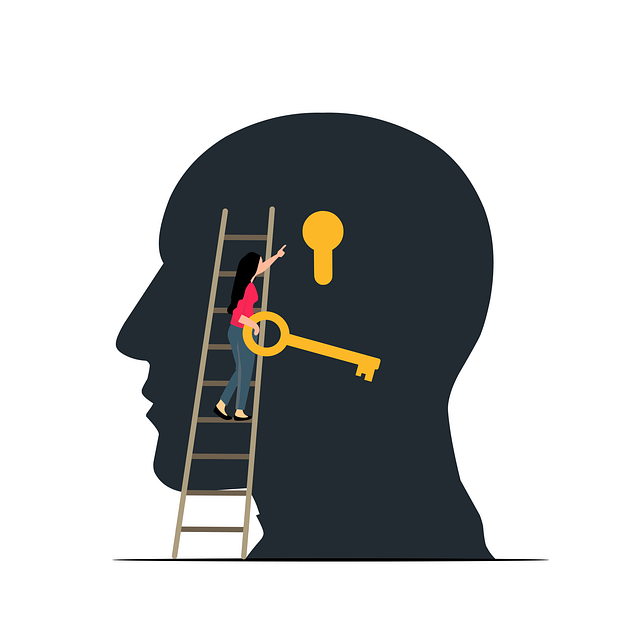Young adults, especially men, face unique mental health challenges due to academic pressures, career uncertainty, and social expectations. To address these issues, AI-driven therapy apps offer personalized treatment plans, secure messaging, Trauma Support Services, and Mindfulness Meditation. These apps cater to men's specific needs, targeting anxiety, depression, and stress-related disorders. Effective risk management tools enable professionals to monitor progress promptly. Development requires comprehensive research, expert collaboration, robust encryption, and sensitive marketing strategies to reduce stigma and encourage open communication for Therapy for Young Adults Mens Issues.
In today’s digital age, mental wellness apps offer a promising avenue for addressing growing mental health challenges among young adults and men. With increasing rates of anxiety, depression, and other psychological disorders, effective therapy apps tailored to men’s specific issues are in high demand. This article delves into the critical need for these applications, explores key features and functionality that make them impactful, and provides insights into the development process, privacy considerations, and marketing strategies targeted at young adults seeking therapy for mens issues.
- Understanding Mental Health Challenges Among Young Adults and Men
- Key Features and Functionality of Effective Therapy Apps for Young Adults
- Development Process, Privacy, and Marketing Strategies for Mental Wellness Apps Targeting Men's Issues
Understanding Mental Health Challenges Among Young Adults and Men

Young adults and men often face unique mental health challenges that require tailored support. The transition from adolescence to adulthood brings a myriad of pressures, including academic demands, career uncertainty, and social expectations. Many young adults struggle with anxiety, depression, and stress-related disorders, which can significantly impact their overall well-being. Men, in particular, are less likely to seek help for their mental health issues due to societal norms that promote stoicism and self-reliance. This can lead to a delay in accessing therapy, exacerbating existing problems.
Social Skills Training, Self-Awareness Exercises, and Mental Wellness Podcast Series Production can be powerful tools to address these challenges. These strategies encourage open communication about mental health, foster resilience, and provide accessible resources for support. By creating inclusive spaces where men feel comfortable discussing their struggles, we can begin to break down stigma and promote proactive mental wellness practices among young adults.
Key Features and Functionality of Effective Therapy Apps for Young Adults

Effective therapy apps designed specifically for young adults should incorporate a range of key features to ensure engagement and positive outcomes. These apps aim to provide accessible mental health support, catering to the unique needs and challenges faced by this demographic. Firstly, personalized treatment plans tailored through AI-driven assessments are vital. By understanding individual preferences and concerns, these apps can offer targeted interventions, such as cognitive-behavioural therapy techniques or mindfulness exercises, which have proven benefits in managing anxiety and depression.
Additionally, seamless integration of features like secure messaging platforms enables ongoing communication with therapists, fostering a sense of continuous support. The inclusion of Trauma Support Services and Mindfulness Meditation sessions caters to men’s issues, promoting coping strategies for stress and trauma-related disorders. Efficient risk management planning tools within the app can also assist mental health professionals in monitoring client progress and swiftly addressing any emerging risks, ensuring a comprehensive digital therapeutic experience.
Development Process, Privacy, and Marketing Strategies for Mental Wellness Apps Targeting Men's Issues

The development process for mental wellness apps targeting men’s issues requires a multifaceted approach. It begins with extensive research to understand the unique challenges and needs of young adult males, such as therapy for young adults with mens issues. This involves collaborating with psychologists, therapists, and male users to design features that promote open communication, empathy building strategies, and mental illness stigma reduction efforts. The app should offer personalized tools tailored to individual user needs, including self-care routine development for better mental health.
Privacy is paramount in the mental wellness space. Robust data encryption, secure storage, and transparent privacy policies are essential to build trust with users. Marketing strategies should focus on creating awareness about the app’s benefits while maintaining sensitivity. Leveraging social media platforms, partnerships with men’s health organizations, and targeted advertising can effectively reach young adults seeking therapy for mens issues. By combining a user-centric design, strong privacy measures, and strategic marketing, mental wellness apps can play a pivotal role in improving the mental health of young adult males.
The development of mental wellness apps targeting young adults’ specific challenges, particularly those affecting men, is a significant step towards improving access to therapy and fostering better mental health outcomes. By incorporating user-friendly features and prioritizing privacy, these apps can become powerful tools in the digital age. Effective marketing strategies that cater to male users’ preferences are essential to encourage adoption and engagement. With continued innovation and research, therapy apps have the potential to revolutionize support for young adults’ mental wellness, especially those facing unique societal pressures.
